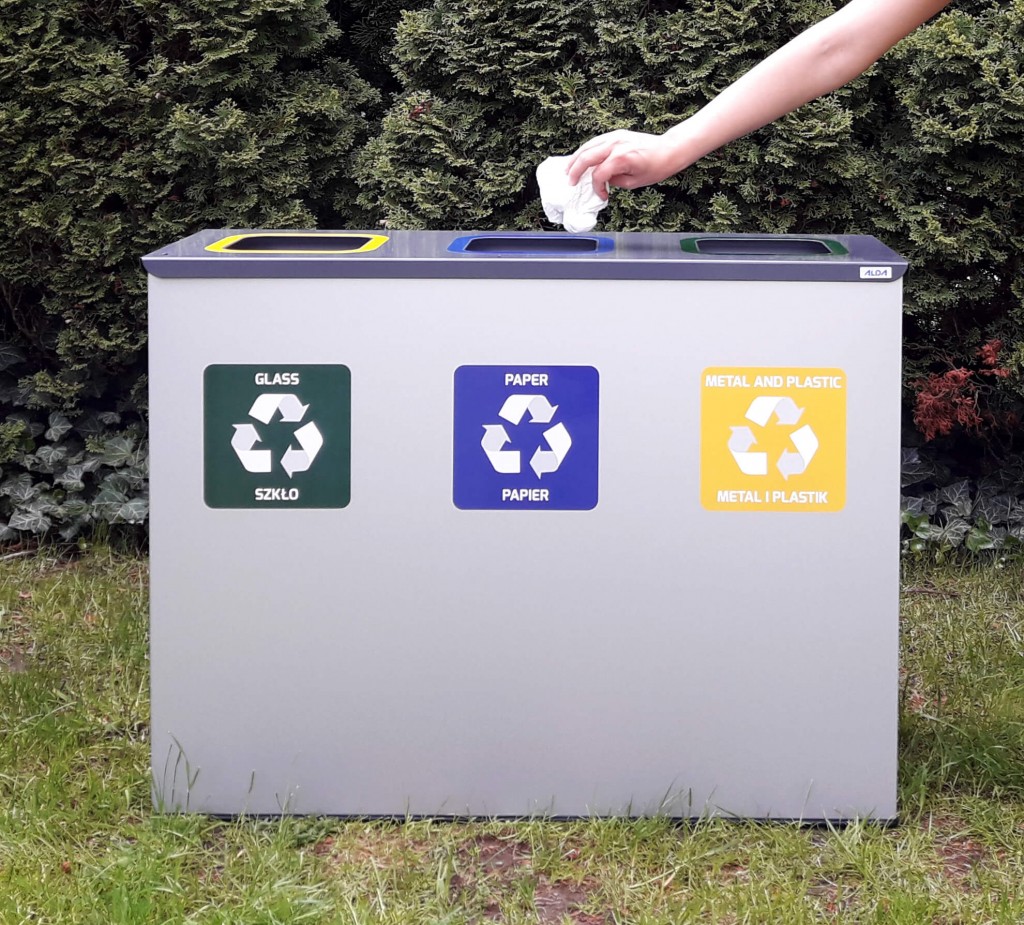How long does it take for rubbish to decompose? We provide examples of such waste

How long does it take for rubbish to decompose? We provide examples of such waste
Rubbish is a civilisation problem of the whole mankind. In large agglomerations in Asia, America and Europe, issues related to rubbish and environmental pollution are among the most important. This is due to the fact that rubbish dumps pose a huge threat to the health and lives of their inhabitants. They are habitats for diseases, rodents, as well as a danger of fires that are difficult to extinguish and of gas emissions. Unfortunately, rubbish is sometimes very difficult to recycle. It is sometimes dumped in inaccessible places or forests and continues to be burnt in cookers. Then you just have to wait for the forces of nature to deal with it.
What are the factors that influence waste decomposition?
The main factors that affect how long it takes for waste to decompose are temperature and humidity. This is why waste decomposes at a different rate in southern, tropical countries than in northern countries. Another factor that matters is the type of waste. Whether it is organic waste or man-made metal or plastic waste. Other factors are the size of the waste, its refinement and its quality. These factors prolong decomposition.
Paper - how long does it take to decompose?
Paper is assumed to take 6 months to decompose. This is an average figure as it all depends on the humidity and type of paper. Newsprint is the fastest to decompose, disappearing after just 6 weeks, and a public transport ticket or tissue after 12 weeks. Refined papers take even longer. Paper is an ecological waste that can be reused many times over. One tonne of recycled paper means 17 trees saved.
Metal - how long does it take to decompose?
The factors responsible for the decomposition of metal are moisture and time. And, of course, what the metal waste is. Is it pure metal or an alloy. Most often, additives of other metals are used to prolong durability, quality and corrosion resistance. From an ecological point of view, this is not positive. A metal can takes around 10 years to decompose. Drink cans made of aluminium last up to 200 years. The most resistant to decomposition are precious metals: gold, platinum.
Plastic - how long does it take to decompose?
Plastic rubbish can take between 100 and 1000 years to decompose. Plastics are very resistant to weather conditions and take a very long time to decompose under natural conditions. They are multi-component products and the decomposition time also depends on their composition. A popular PET bottle takes 100 to 1000 years to decompose, a plastic bag about 400 years, a nappy 450 years. Fortunately, some plastic waste can be reused, thus saving the earth's natural resources.
Glass - how long does it take to decompose?
Glass is the material that takes the longest to decompose - 4,000 years. However, there are claims that glass doesn't decompose at all. Archaeologists have found glass beads dating back over 4000 years. Fortunately, glass is a non-toxic material, easily reused or recycled. Glass does not lose its properties, so it can be endlessly recycled. This saves energy and the raw materials needed to make glass.
How does other waste decompose?
Food decomposes relatively quickly. Putrefaction and fermentation processes effectively deal with food decomposition in a matter of days or so. Other waste does not degrade so quickly. Rubber tyres and soles take 80 years to decompose. Chewing gum and cigarette butts take 5 years. Wooden furniture 20 years. Styrofoam cups 50 years. The decomposition of rubbish also means a poisoned environment, with toxic substances seeping into the soil and affecting life around the rubbish dump.
Litter is not only an environmental problem. In many countries it is a social problem. Inefficient landfill sites or incinerators mean that camps are created around uncollected waste, where whole families live in tragic conditions. Let us try to care for the environment, and let recycling and waste separation be at the forefront of our daily activities.
